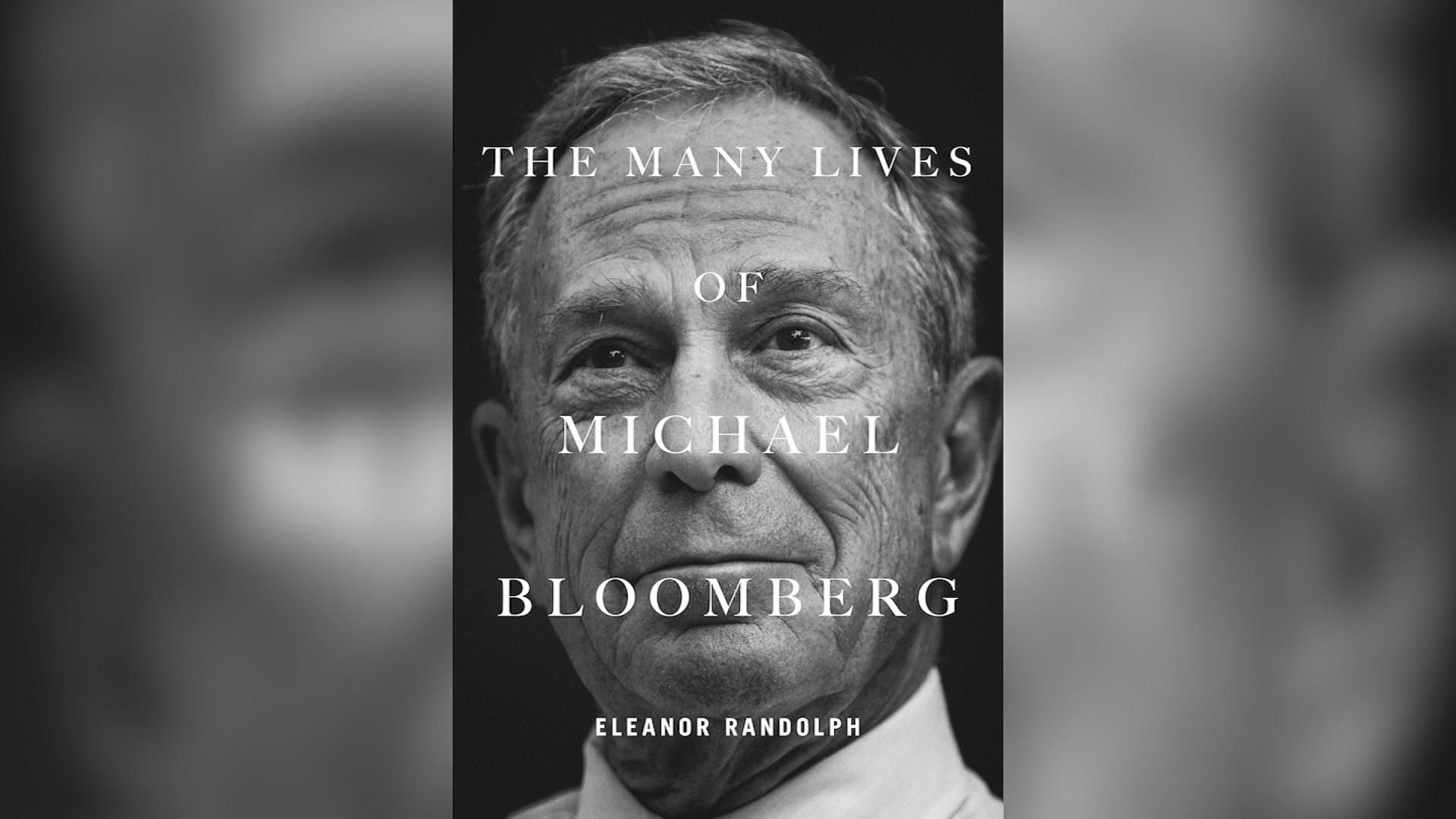Eleanor Randolph On 'The Many Lives Of Michael Bloomberg'

Listen
On this episode of ZUCKER, host Andrew Zucker talks to journalist Eleanor Randolph about her new book, ‘The Many Lives of Michael Bloomberg.’ Randolph talks about the former New York City mayor’s days at Salomon Brothers, his decision to sit out the 2020 presidential race, and his outlook ahead as he steps up his philanthropic efforts.
On Michael Bloomberg’s college days: When he got to Johns Hopkins, he started out, he was going to do physics and there was too much German. And so he got into engineering. And engineering has helped him in what he’s done over the years. But really he took over the fraternity, took over fraternity row, became, as he described it, a big man on campus, and he was always aiming at the top of whatever he did.
On how Michael Bloomberg first saw the possibilities of computing on Wall Street: He learned about the markets. And he sort of grew up in a period when all of the transactions — the important transactions — were on paper. And I would love to have seen this scene: every night on Wall Street, after the markets closed, these retired police officers — smoking their cigars and looking like nobody to mess with — would roll these carts back and forth to register the trades of the day. And so there was a period during that time when there was so much paper that the markets couldn't keep up with it. So Bloomberg got — very early on at Salomon Brothers — he got interested in the possibilities of computers and the ways that computers could relieve that.
On Michael Bloomberg deciding not to run in 2020: I think there are a couple of reasons. One, first of all, he’s seventy-seven. He said later, a few weeks after he decided not to run, that he thought Regan was gaga when he was eighty. So that would be the beginning of the term if he were president. Secondly, and more important for him, I think he thought if he could get nominated, he would beat Trump, but that this was a year for progressives. And we’re really seeing that now in the Democratic primary race, and that there was only one centrist like him and that would be Biden.